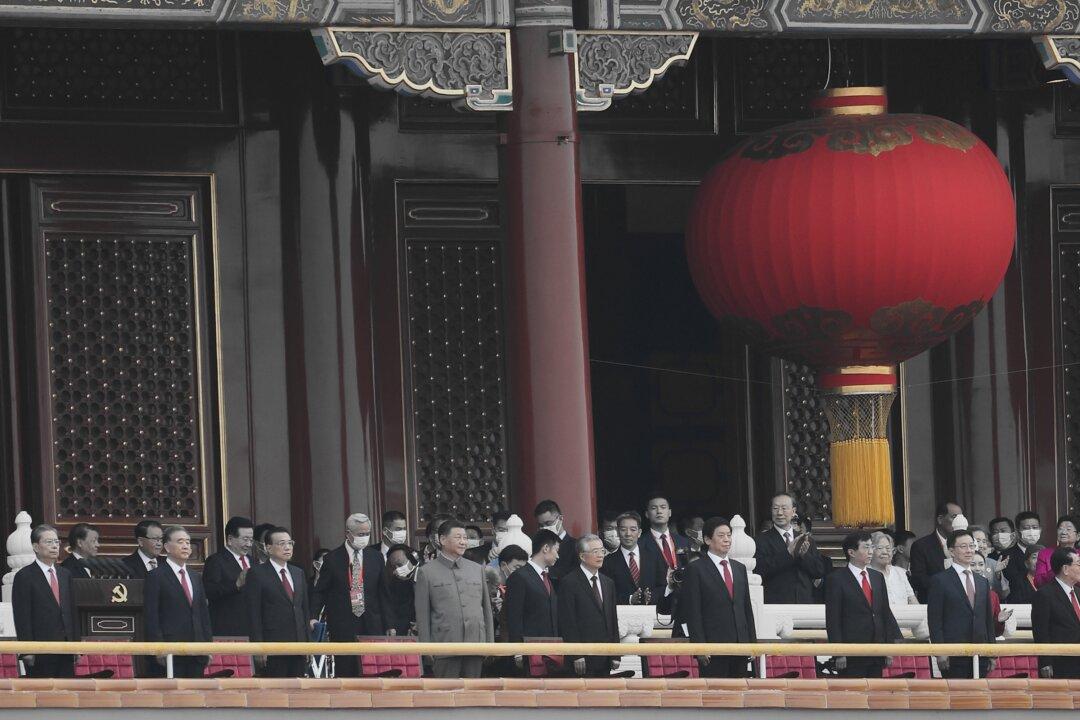News Analysis
As China struggles with a slowing rate of growth and unrestrained economic forces, the Chinese Communist Party (CCP) has continued its effort to consolidate direct control over capital allocation and markets.

As China struggles with a slowing rate of growth and unrestrained economic forces, the Chinese Communist Party (CCP) has continued its effort to consolidate direct control over capital allocation and markets.